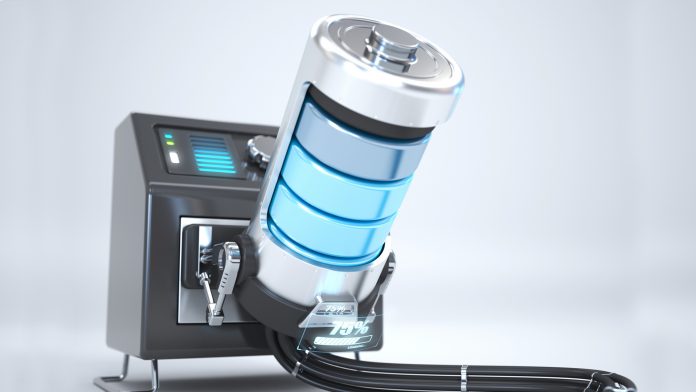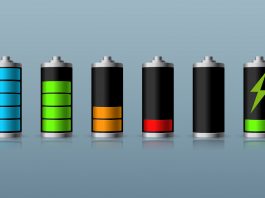New research conducted by a University of Utah engineering professor could lead to fast charging lithium-ion batteries, which could be used to improve the charging time of electric vehicles.
Currently, one challenge of electric vehicles is the time they take to recharge. For example, it takes 40 minutes to charge a Tesla to 80% capacity, even using the most powerful charging stations.
New research by assistant professor Tao Gao, of the University of Utah, is helping to facilitate the creation of a battery that can be safely recharged at much faster rates.
Published in the scientific journal Joule, Gao’s research outlines the nature of lithium-ion batteries that could lead to them recharging much faster in the future.
“This understanding lays the foundation for the future engineering work needed to address this challenge,” said Gao. “Now we know where to go. We have a clear vision of what needs to be done.”
Lithium-ion batteries are commonly used in portable electronics and in all electric vehicles because of their high energy density, low weight, and long life. Other applications include laptop computers, portable electric appliances, and solar energy storage.
However, the recharging speed is limited by a side reaction that occurs when lithium ions are put into graphite particles too fast. This phenomenon is known as lithium plating.
Gao’s research uncovers the physics that govern the lithium plating phenomena in graphite particles while batteries recharge and allows the prediction of lithium plating in the operation of a battery.
Gao added: “We designed an experiment that can visualise what happens to the negative electrode during charging. We can see the graphite particle – the material in the negative electrode – and we can see what happens during battery charging in real time.
“Now we understand the physics. This provides us direction to address this limitation and improve battery charging performance.”
Gao and his team of researchers are hopeful that understanding the physics could lead to the development of car batteries that can be charged five times faster than current speeds, as well as smartphone batteries that could be fully charged in ten minutes.
Gao’s research was conducted while he was a postdoctoral researcher at the Massachusetts Institute of Technology under the supervision of MIT chemical engineering professor Martin Z. Bazant. Gao is now continuing the research at the University of Utah, where he is further developing advanced lithium-ion batteries capable of fast charging.









